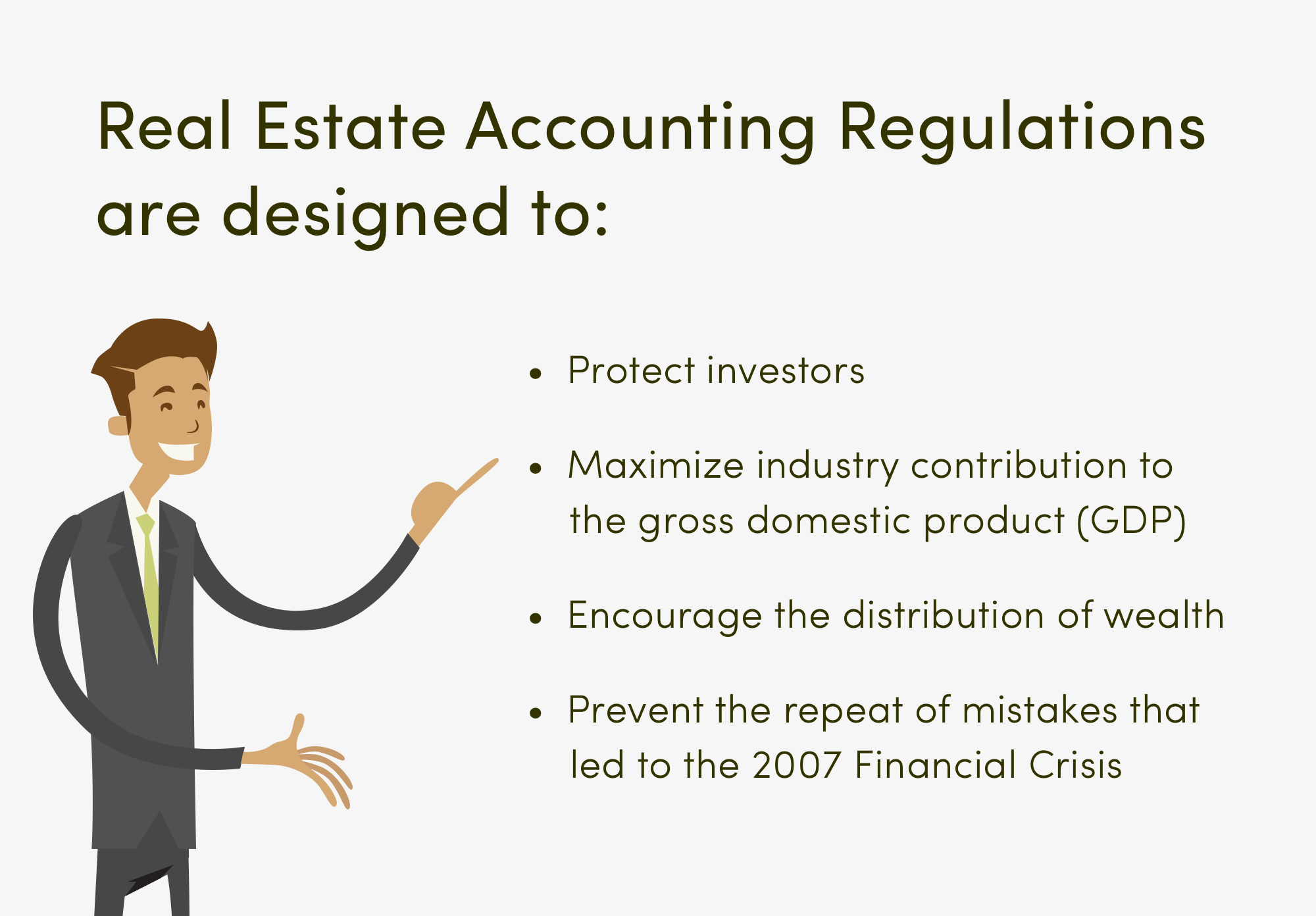Understanding the Importance of Building Accountancy in the Building & Realty Industry
In the building and real estate sector, the relevance of building audit can not be overstated; it serves as a foundation for achieving financial success and operational effectiveness. Exploring these subtleties reveals crucial insights that can reshape just how market gamers approach their monetary monitoring methods.
Trick Concepts of Construction Audit
Understanding the one-of-a-kind economic landscape of the building sector requires a strong understanding of essential principles of building bookkeeping. At its core, construction accounting differs significantly from typical bookkeeping methods due to the complexities fundamental in project-based procedures.
One more important concept is making use of progression billing, which allows contractors to receive payments based on the percentage of job completed. This method helps keep capital throughout the project duration, crucial for operational stability. In addition, understanding income acknowledgment is essential; the percentage-of-completion technique is frequently used to align revenue with project milestones, reflecting the project's financial reality.
In addition, construction bookkeeping stresses the relevance of accurate projecting and budgeting, as projects typically expand over a number of months or years. Efficient task monitoring tools and software can aid in monitoring monetary performance, making certain that all stakeholders have exposure into the task's economic wellness. Mastering these principles equips building and construction companies to navigate their distinct monetary obstacles and optimize their operational performance.
Difficulties Unique to Building And Construction Tasks
What obstacles do building jobs face that set them besides various other sectors? One significant obstacle is the integral complexity of building and construction projects, which usually entail multiple stakeholders, including specialists, providers, clients, and subcontractors. Each event might have different concerns and timelines, causing coordination troubles that can impact project delivery.
In addition, building projects are prone to fluctuations in material expenses and labor availability, which can interrupt spending plans and timetables. Weather also pose a distinct obstacle, as unforeseen delays can bring about raised expenses and extended timelines. Governing compliance and allowing processes differ by area, including one more layer of intricacy that must be navigated very carefully.
One more distinct hurdle is the project lifecycle, characterized by phases such as layout, building, bargain, and purchase. Each phase requires precise planning and financial tracking to make certain source allowance aligns with project objectives. The possibility for adjustment orders and extent modifications further complicates financial administration, necessitating robust audit techniques to maintain productivity.
Last but not least, the market regularly faces capital problems, as payments are commonly contingent upon job milestones. This can strain funds, making reliable building bookkeeping critical to conquering these obstacles.

Advantages of Accurate Financial Tracking
Precise monetary tracking serves as a foundation for effective construction task management, particularly taking into account the special difficulties encountered by the industry. By keeping specific financial documents, construction business can enhance decision-making processes, allowing managers to allocate resources efficiently and respond promptly to financial restrictions.
Among the essential advantages of precise economic monitoring is boosted capital management. Recognizing when cash is due from customers and when settlements to vendors are called for helps avoid money lacks, guaranteeing tasks remain on schedule. It allows companies to recognize inconsistencies early, mitigating the risk of budget overruns.
Additionally, exact monetary information promotes efficient job projecting. By evaluating past financial performance, business can make educated estimates for future tasks, lowering the chance of unforeseen prices. This insight additionally aids in establishing competitive bids, as firms can provide more exact prices to customers.
Finally, exact financial monitoring improves conformity with legal commitments and regulative requirements. By methodically recording profits and expenses, construction firms can quickly produce needed reports for audits, securing themselves versus prospective lawful disputes. In summary, precise economic tracking is necessary for cultivating economic security and advertising long-term success in the construction industry.

Important Tools and Software Application
Just how can building firms successfully manage their economic data in a progressively intricate landscape? The answer lies in leveraging crucial devices and software program customized to the special demands of the construction and realty market. Building accountancy software gives robust options for tracking expenses, taking care of spending plans, and creating economic reports. By using committed systems, firms can enhance their audit procedures and make certain compliance with industry guidelines.
Popular building and construction accountancy tools, such as Sage 300 Building and Realty, Point Of View Vista, and copyright Professional, deal features that facilitate project-based accountancy. These systems enable real-time monitoring of task expenses, payroll processing, and invoicing, enabling higher economic visibility and control. In addition, cloud-based solutions offer the advantage of remote access, ensuring that stakeholders can team up successfully no matter their area.
Integrating task management software application with audit devices better improves functional effectiveness. This combination permits for seamless data sharing, decreasing the likelihood of mistakes and enhancing decision-making. Inevitably, picking the find out this here right mix of essential tools and software application is vital for building companies intending to optimize their financial administration and sustain development in an open market.
Best Practices for Building Accountancy
Efficient economic administration in construction accountancy rests on the implementation of ideal techniques that promote accuracy and transparency. One core principle is the use of customized construction accounting software, which streamlines procedures such as pay-roll, invoicing, and job costing. This modern technology not just lessens errors yet likewise improves reporting capacities.
One more important technique is preserving meticulous documentation. Maintaining in-depth records of contracts, adjustment their website orders, and invoices makes sure that all transactions are traceable and proven. This degree of documents is particularly vital throughout audits or when disputes arise.
Regular monetary evaluations and settlements also add considerably to reliable building and construction accountancy. By often comparing real expenses to budgeted quantities, companies can identify variations without delay and readjust their approaches as necessary. Establishing a clear chart of accounts tailored to the specific needs of the construction industry more help in arranging financial information, permitting even more insightful evaluation.
Conclusion
In final thought, building bookkeeping offers as an essential component in the building and construction and real estate market, promoting effective financial monitoring and task success. By sticking to crucial concepts and employing essential tools, firms can browse the one-of-a-kind challenges of building projects while profiting of accurate economic tracking. Implementing best practices not just improves earnings and cash flow administration however additionally guarantees compliance with governing requirements, eventually fostering lasting growth within a competitive landscape.

In the building and real estate sector, the relevance of building and construction accounting can not be overemphasized; it serves as a keystone for attaining economic success and operational check my site effectiveness.Comprehending the special financial landscape of the building and construction sector needs a firm understanding of essential concepts of building accountancy. In summary, accurate monetary tracking is necessary for fostering financial stability and promoting long-lasting success in the building and construction sector.
